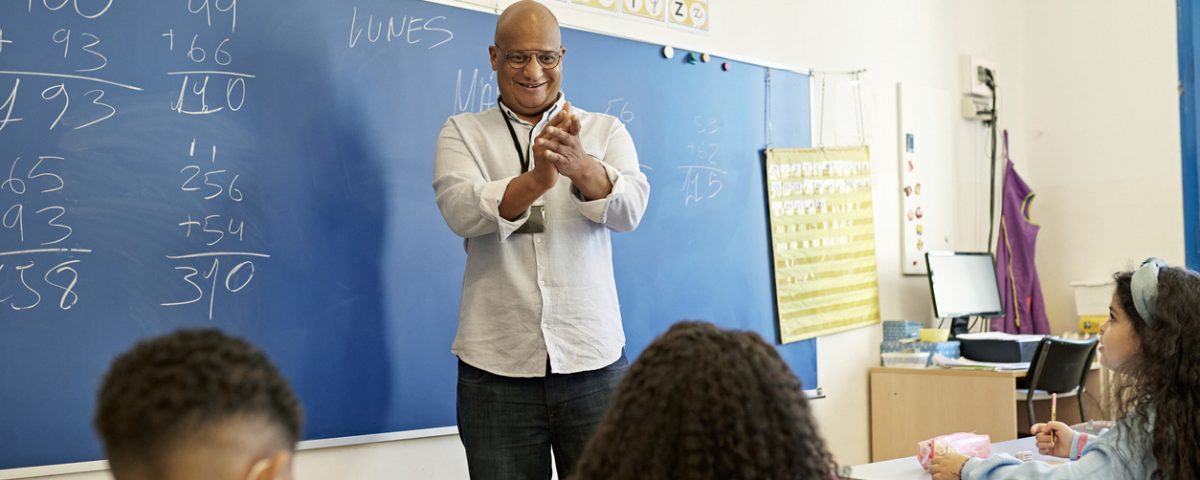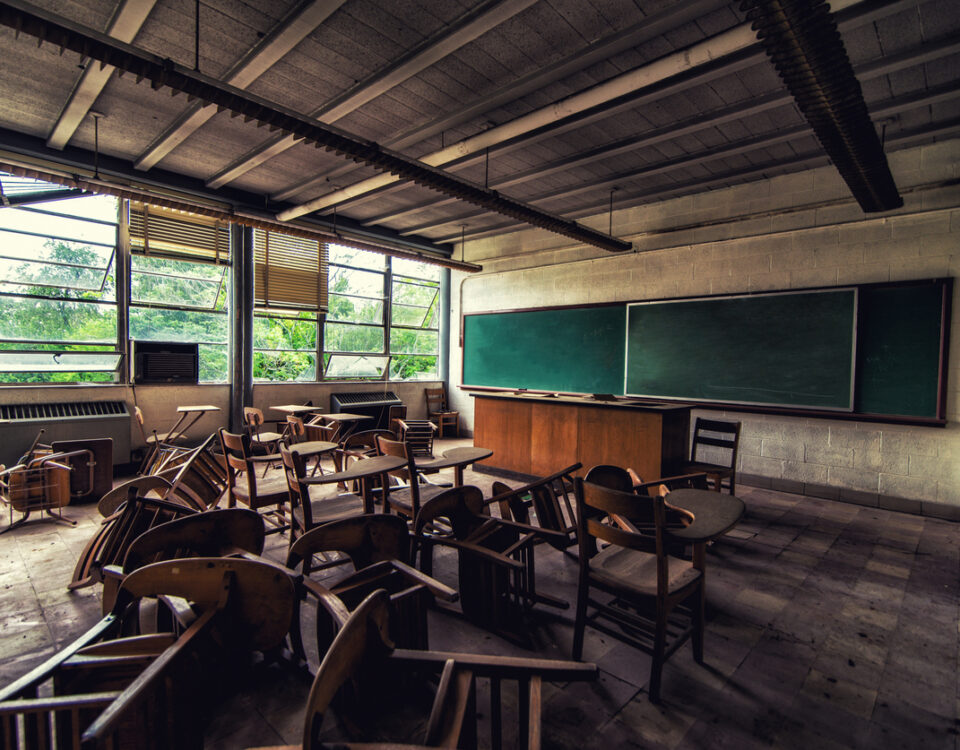How Can Teachers Help Students Reach Their Goals?

Body Camera Updates in Policing
April 4, 2022
How Educators Can Help Relieve Anxiety in the Classroom
April 18, 2022How Can Teachers Help Students Reach Their Goals?
Teachers can help students reach their goals by understanding how to communicate efficiently with them while guiding them. Learning isn’t just about memorizing the multiplication tables — it’s a complex process whereby children explore and understand their world. Educators have a vital role in helping kids develop a wide range of skills, from goal-setting to critical thinking. However, the same method does not work for every student, so educators must try various techniques to help struggling kids. The following are excellent ways educators can provide classrooms with a well-rounded education.
Teach Test-Taking and Studying Strategies
Like it or not, the U.S. education system involves lots of standardized testing. Unfortunately, not every student excels in this format. Teachers can help students reach their goals by making alterations to their techniques. Additionally, there are effective test-taking strategies instructors can impart. They can eliminate obviously wrong answers. It would be beneficial to students if instructors read all instructions clearly. Then, teachers can answer any question the student poses. Instructors can help students by encouraging them to talk through their problems out loud, and encourage them to study when they are most alert. Also, teachers should motivate students to do practice tests instead of just re-reading notes.
Let Students Know You’re Ready To Help
Some students may have trouble asking for help. Educators should be on the lookout for kids who don’t grasp the material. They can take the initiative by scheduling afterschool study time or contacting parents for more support at home. Early intervention improves students’ chances of success.
Encourage Questions
Questions are essential for learning, so teachers should encourage them as much as possible. Educators should clarify that not knowing an answer isn’t bad and that asking questions doesn’t imply stupidity. Instead, questioning is a sign of curiosity and an expanding mind. Teachers can motivate students to question through techniques such as the Socratic method.
Spend Time With Every Student
It’s easy to gravitate toward some students, but teachers need to offer attention to every child in their classrooms. Even if a student doesn’t need much help, it’s essential to check in regularly and ensure concerns don’t fall by the wayside. Similarly, educators shouldn’t shun kids with behavioral issues. Instead, they should make an effort to include them in classroom activities as much as possible. If students know they’re valued members of their communities, they will have the confidence to contribute.
Offer Plenty of Praise
When teachers reward kids for hard work, their students feel they and their education are valuable. Educators shouldn’t reserve praise for the highest-scoring kids but should celebrate everyone’s achievements. For example, if a struggling student gets a C+ after a series of Ds, that’s cause for praise. Everyone has different capabilities and deserves appreciation for their efforts.
Help Students Set Personal Goals
Setting personal goals is crucial in academic achievement, but poorly thought-out objectives can backfire. Teachers can help students set themselves up for success by teaching goal-setting:
• Create a tangible objective
• Break the process into smaller steps
• Be specific
• Think realistically
With support, students can make and achieve their own goals.
About PGUI
Professional Governmental Underwriters, LLC., is a full-service risk management company dedicated to assisting public, educational and non-profit entities in the management of their professional liability exposures including educators liability insurance. We are dedicated to providing state-of-the-art professional underwriting management and loss control advisory services on behalf of our designated carriers. For more information, call us toll-free at (800) 586-6502.


